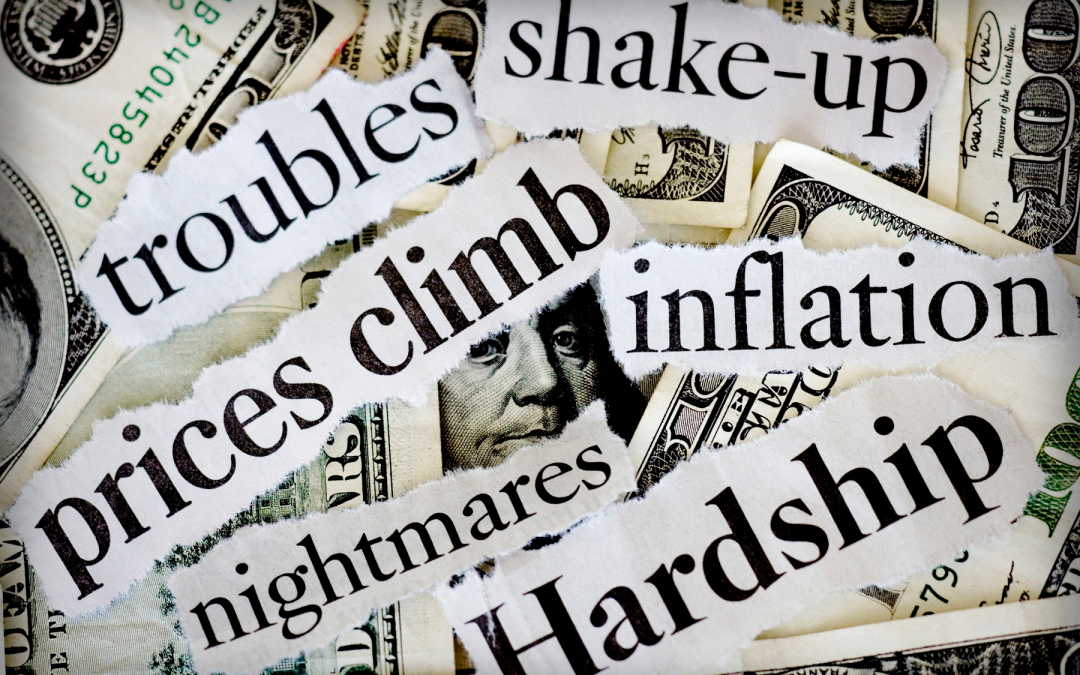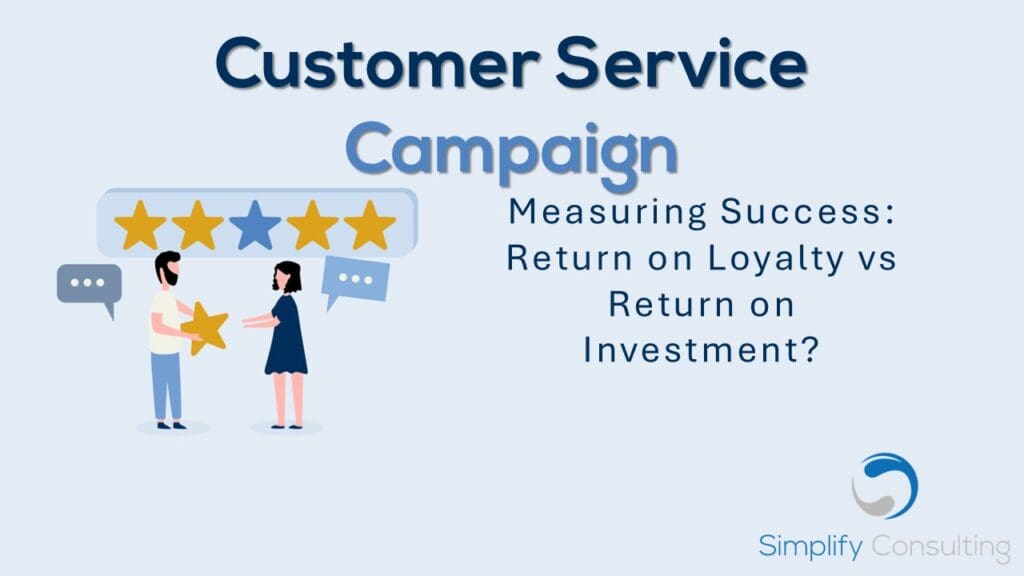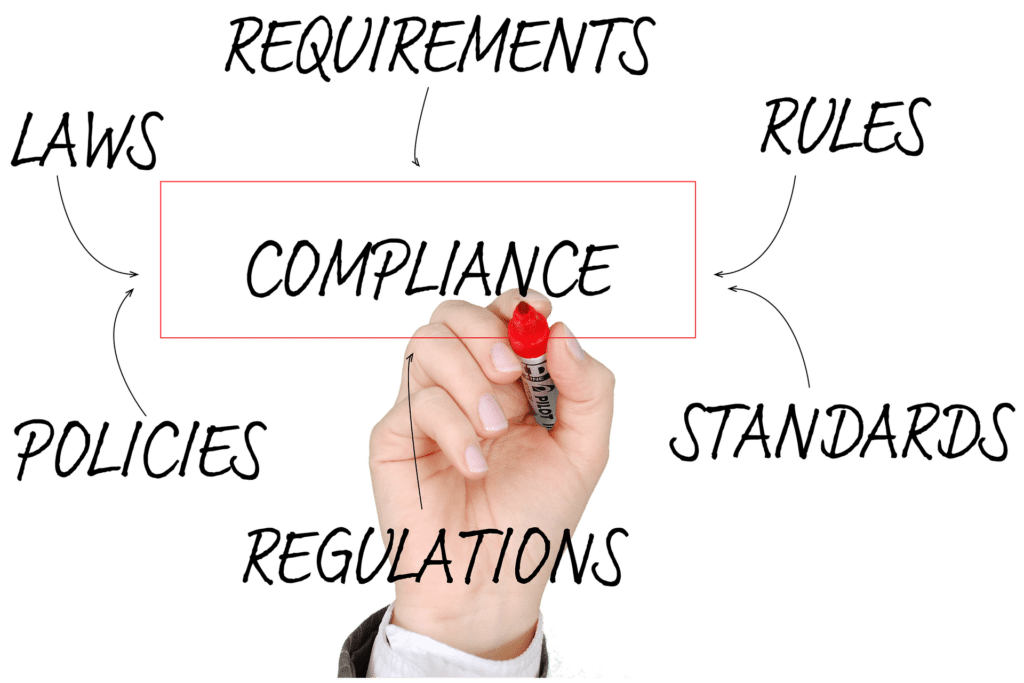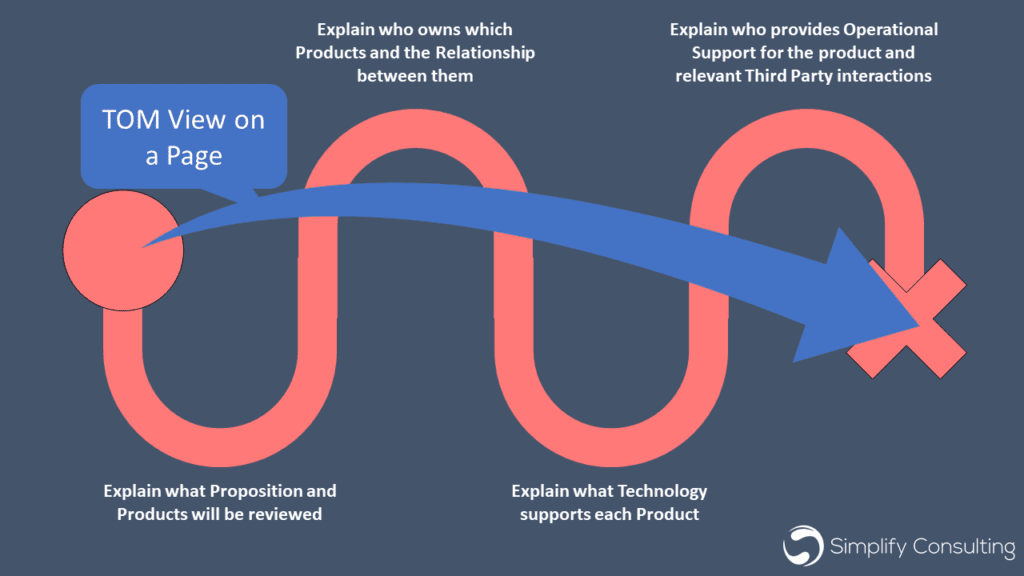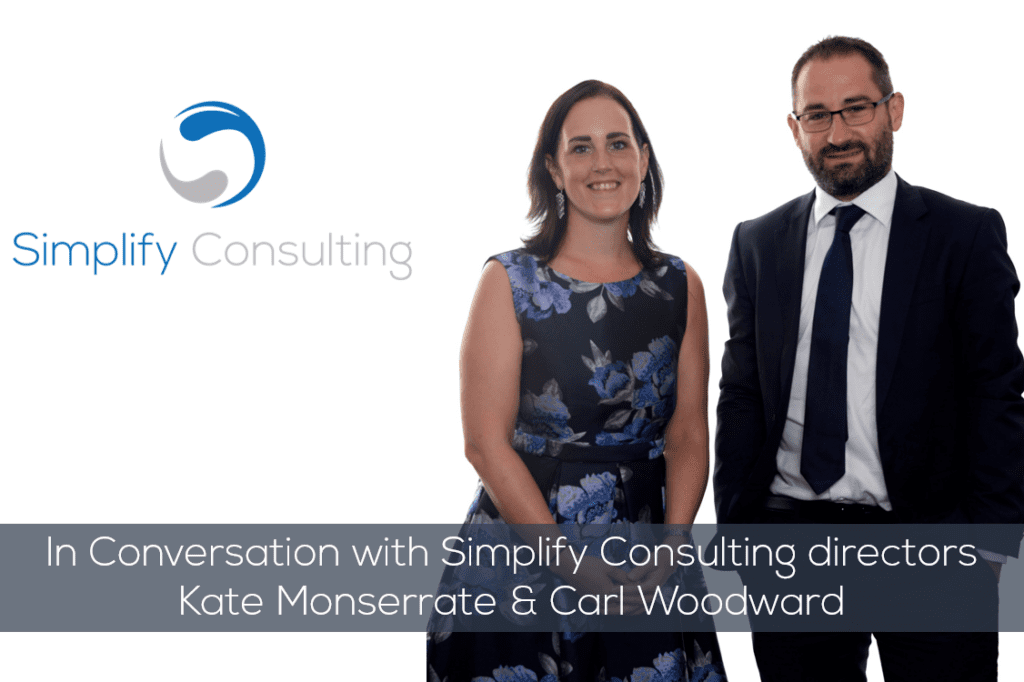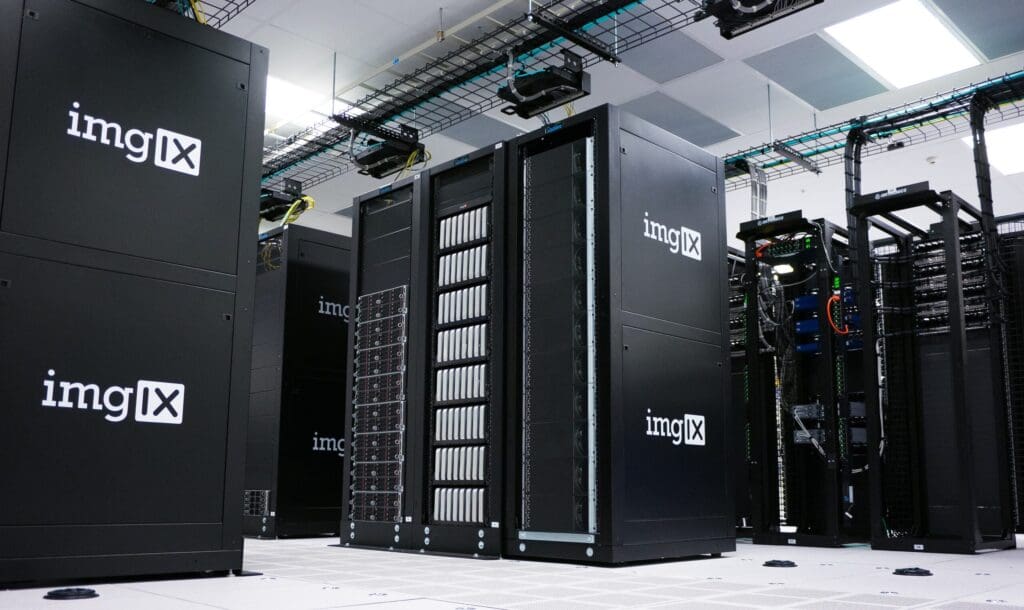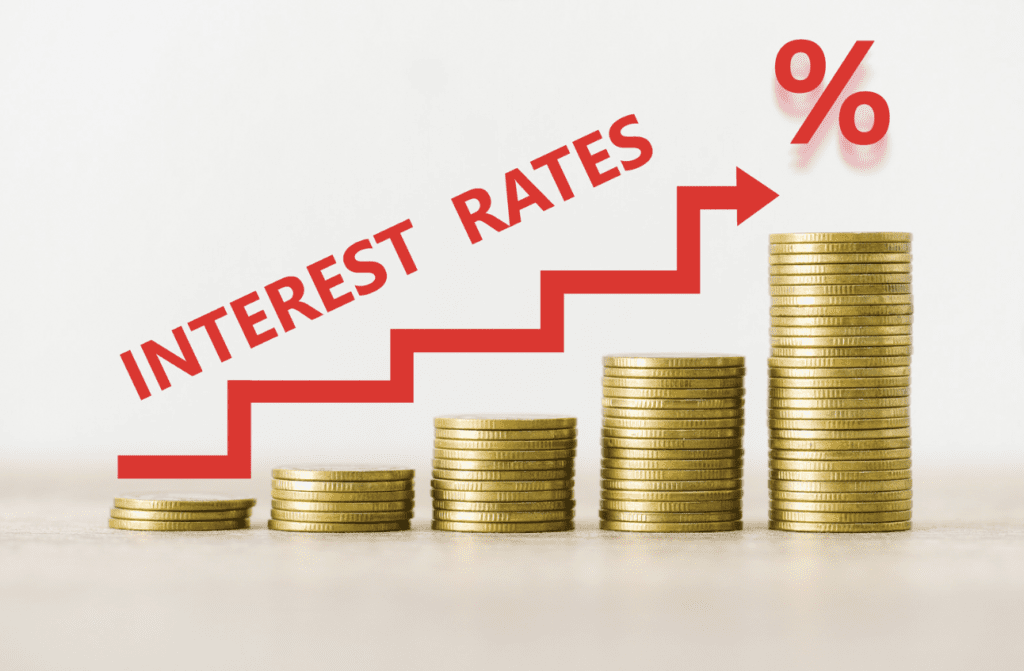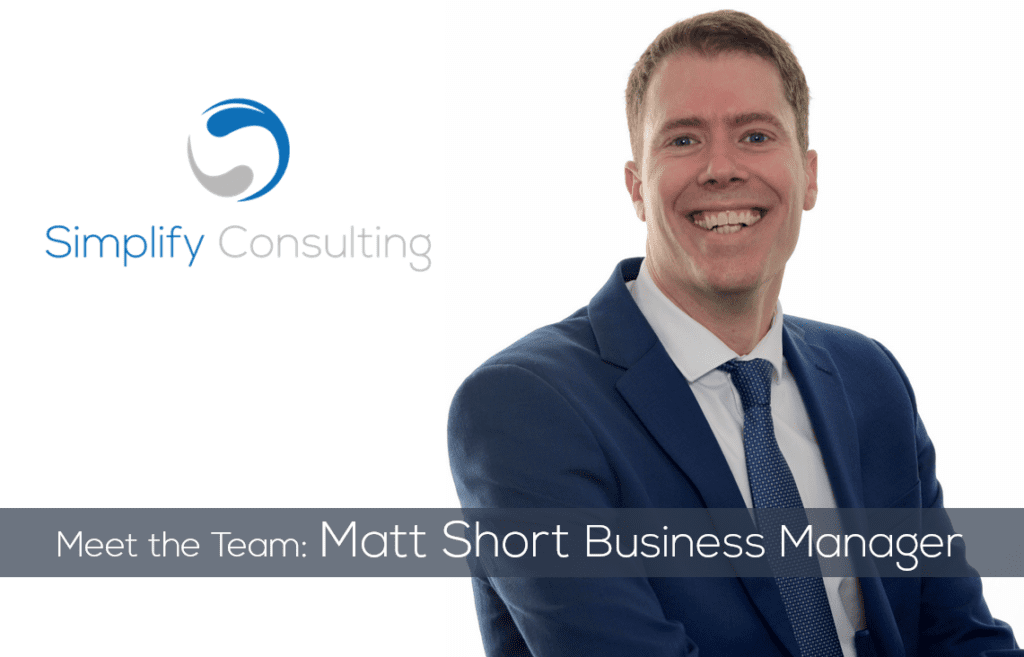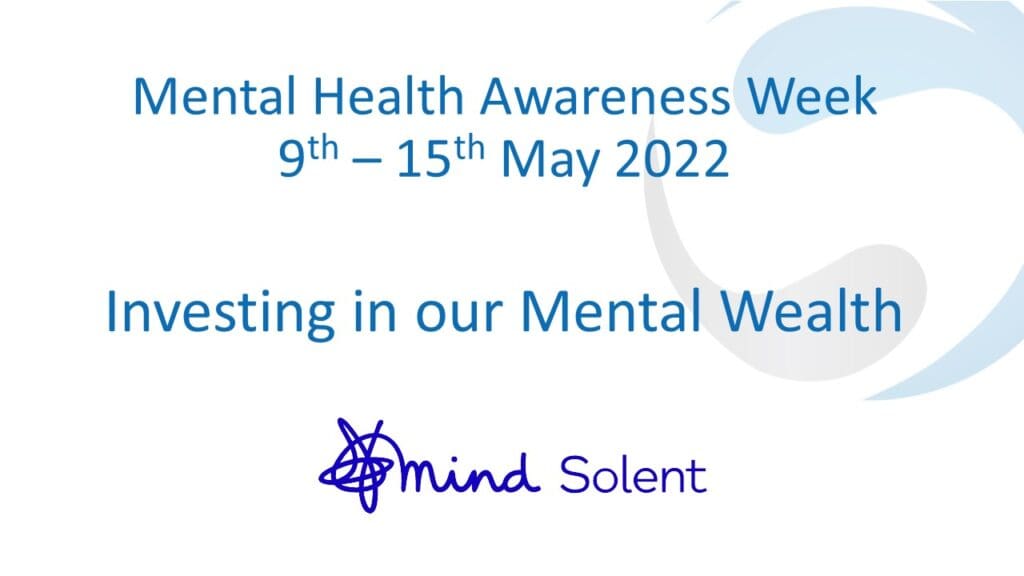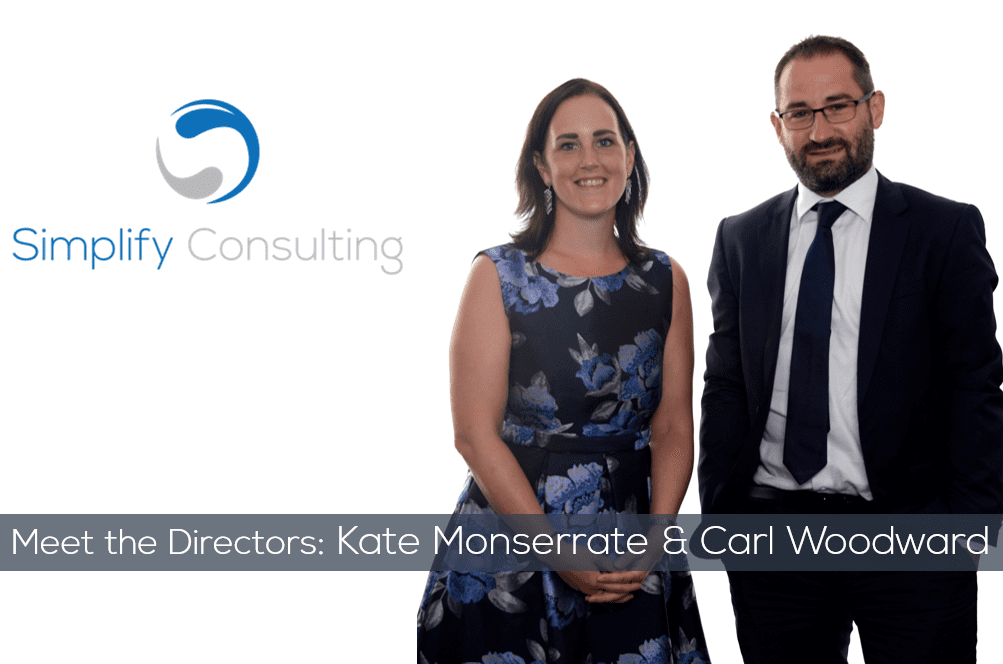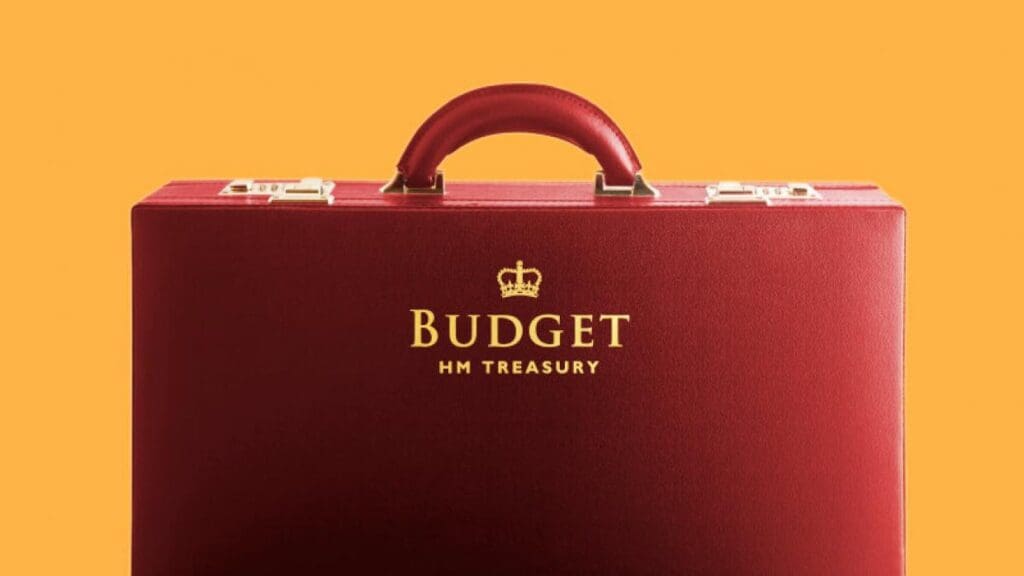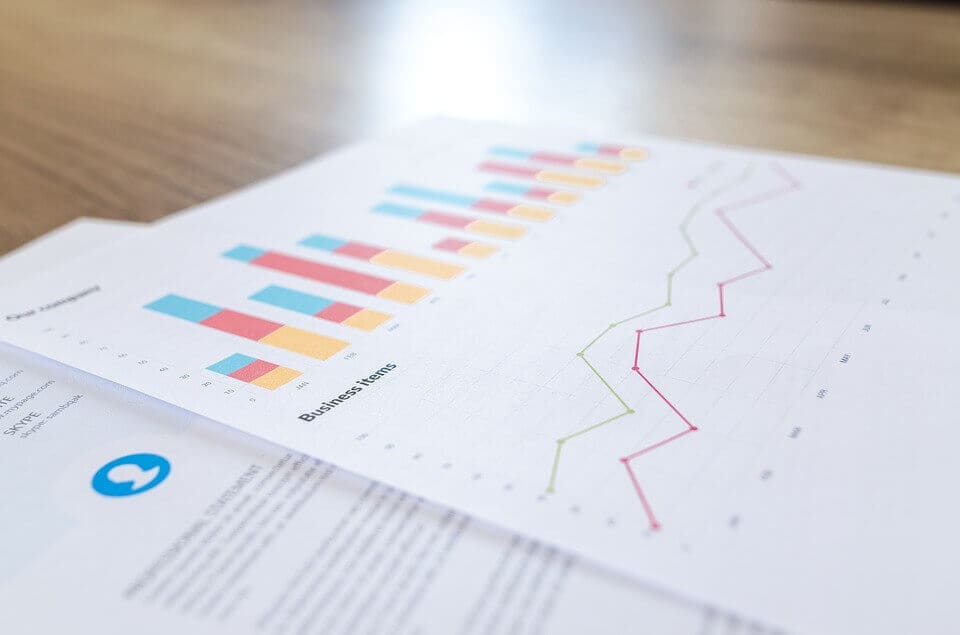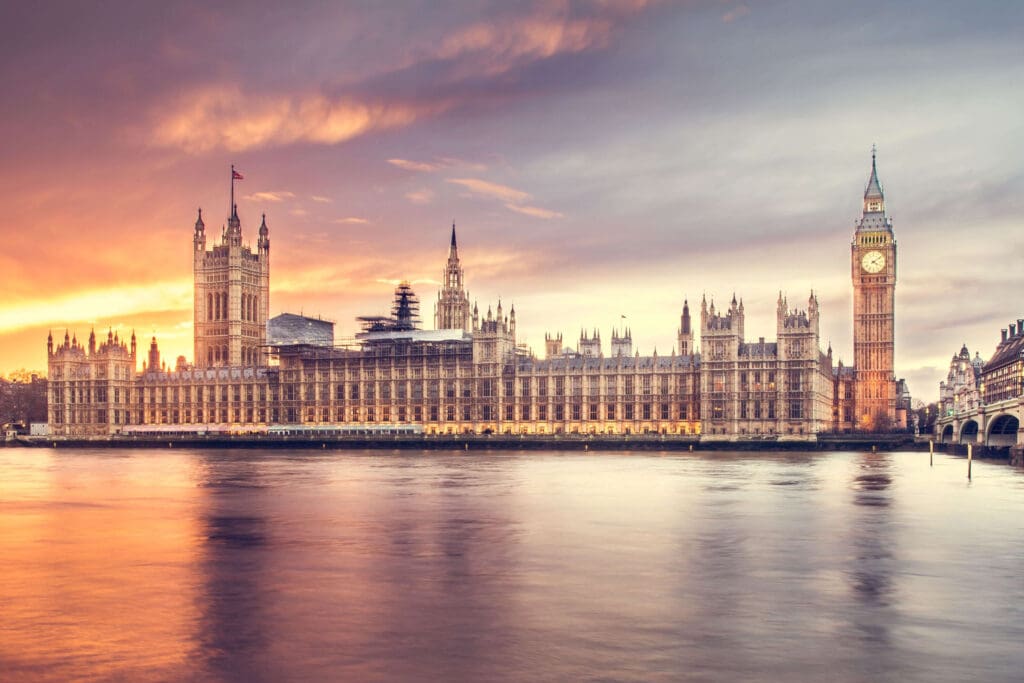Credit vs Investments
It’s fair to say that the last couple of months have been turbulent for financial markets. The introduction and subsequent row back of the so called ‘Mini Budget’, coupled with a change of Cabinet in September and almost immediate (42 days) reshuffle again in October has left many anxiously waiting to understand what comes next. At the moment, it seems likely that fiscal policy will be pivoted back towards austerity, meaning higher taxes and lower public spending.
This austerity is coming at a different time to the 2010s, where inflation, and as a result, interest rates remained low throughout. We’re now in a position, where many people are seeing increases in household bills, with many having to make the difficult choice between heating and eating and to top it off, increases in mortgage rates and nervousness in the housing market also having an impact on the industry.
Recently, we have seen the Bank of England unveil its biggest interest rate rise in more than 30 years. The Bank’s nine-strong Monetary Policy Committee decided to hike the base interest rate from 2.25% to 3%, a jump of 0.75% making this the highest since 2008 – while the jump in rates is the biggest single increase since 1989. The consequence of such a move may impact a number of areas:
- Increases in the cost of borrowing
- Further increases in government debt
- Increase in rates / payments on secured and un-secured lending
- Falls in consumer spending and investments
On the flip side, higher interest rates can yield better returns for traditional savers and potentially increase the value of the pound and boost overall market confidence. You can find out more on the impacts that interest rates have on wealth in our blog ‘Is Wealth Ready for the Return of Interest Rates’.
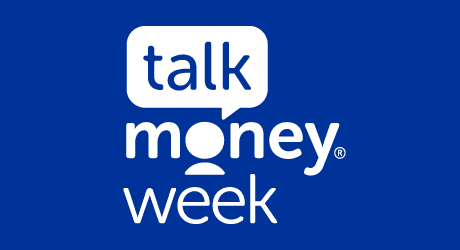
Talk Money Week
This year’s Talk Money week, focussing on the subject of credit has come at an opportune moment, with conversations about managing finances and a conversation about what this means is as important as ever.
The world of investments goes hand in hand with talk about credit. Whether that is at the macro or micro level. The markets have certainly had their say about the stability of the UK economy, with Gilt yields at levels not seen since the 2008 financial crisis, the government needs to look at its spending plans to ensure that borrowing is on a secure footing. Likewise, households will also be looking at rising costs and considering the priorities of outgoings as a result.
Which brings us on to investments. If not already done so, individuals are likely to look at their outgoings and see some of the easiest things to reduce are the amount they contribute to their pension, or subscribe to an ISA. These usually aren’t going to have an immediate impact on their lives, as these serve them in the future rather than now. However, the impact of this reduction may have a huge impact further down the line in their quality of life, their disposable income and even the age they can stop working full stop. Sky TV or retirement?
There are some people for whom there isn’t a choice. Obviously for those that are struggling to make ends meet, the answer is more likely to be to cut on non-essentials, meaning investments if possible. For others though, the decision may not be as simple. Investments may be one of many other non-essentials that they can look at to cover rising costs, and for them, they need to make priority calls as to what is important to them.
This might mean that investments that will pay dividends (literally and figuratively) in the future are the first to go. Couple that with the general lack of understanding about investments and the tax benefit of pension or ISA contributions.

Duty to consumers
Financial firms and advisers have more to do when explaining and interacting with customers about these topics. Not only is this going to become increasingly important as Consumer Duty mandates firms to help customers achieve good outcomes and avoid harm, but it will also protect firms in difficult financial times. We have already seen that the strong inflows experienced in 2020 and 2021 have been reversed this year, perhaps worse is to come? This could certainly be the case should interest rates continue to rise, bringing attention and a need to pay off lending such as credit cards, loans and mortgages.
Whilst the number of people moving into unsustainable debt increases, there are another group of people falling into what has previously been called the ‘just about managing’. How do firms engage with these people to help them navigate the need to balance paying off debts, especially when interest rates are rapidly increasing, with building a long term investment strategy. It may not be on everyone’s mind, but the need is clear.
Take a look at our blog on the ‘Democratisation of Investment Solutions’, which takes a deeper look into the wealth gap and accessibility of investments for those at each stage of the wealth pyramid, as this covers some of the key themes where firms can better support consumers.
Over the long term, equity performance is at least in the same ballpark as property investments, which is always considered, in the UK at least, as the safest and best returning asset possible. We should be having this conversation within society, making investments a more realistic goal for more people, providing them with the tools and knowledge to make decisions with long term goals in mind. We know that there is an advice gap in the UK which means access to paid advice is prohibitively expensive for a large section of the population. There is a space for other distributors, such as platforms to help those that need more access and guidance to allow them to make the right decisions. If they don’t, they may well continue to lose their customers to other priorities.
In Summary
The debate around choosing between paying down debt and investing can be like trying to solve a riddle, especially when it comes to making a decision which could impact you both short and longer term. We know that a decision today to resolve a short term cashflow issue, could have a significant impact on the age you are able to retire, or impact the benefits you receive from a tax efficient account. Retirement plans and emergency savings are both critical pieces of your overall financial puzzle, and retirement should be a major priority.
Which.co.uk found that in 2022, retirees would spend around £2,333 a month per household (or around £28,000 per year) to be ‘comfortable’. This would mean a total balance of £204,750 if you took an annuity, and £144,950 from income drawdown. This includes state pension contributions.
The example provided by Now Pensions, helps us realise the impact a temporary stop on pension contributions or investments could have in the longer term.
Priya earns around £35,000 a year
- She pays 5% of her salary into her pension savings
- Her employer adds another 5%
If Priya opts out for two years, she could have as much as £25,000 less in her pension savings when she wants to retire. That equates to almost a years’ worth of ‘comfortable’ income during retirement. With the cost-of-living crisis, obviously stopping pension or investment payments may be the better option for some people than going without other things. It’s important that the impacts of such a decision are clearly articulated to the consumer and all options explored.
More information on Talk Money week, or if you need money or pensions help visit the Money & Pensions Service for more information.
..
Chris Lamb
Wealth Consultant

